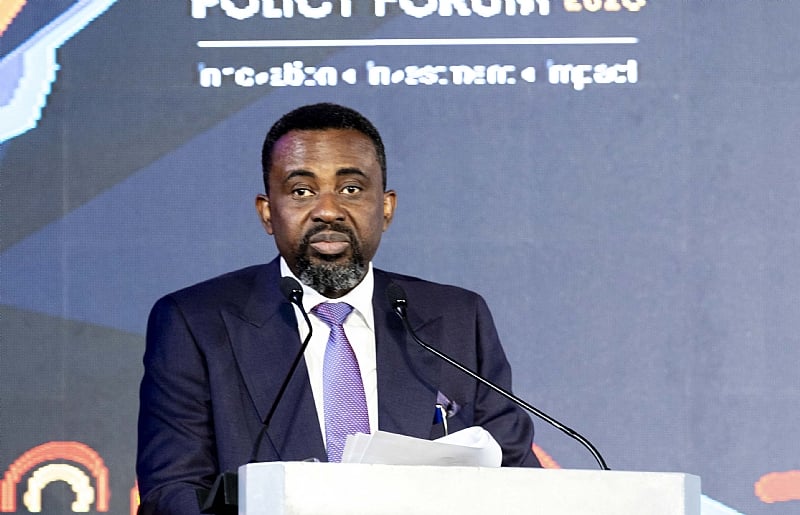Dr. Johnson Pandit Asiamah, Governor of the Bank of Ghana, delivered a keynote address at the 2025 3i Africa Policy Forum, emphasizing the transformative potential of cross-border digital payments in revolutionizing the African financial landscape. He highlighted the significant strides made in facilitating electronic transactions across borders, involving individuals, businesses, and governments, which are instrumental in reducing trade barriers and fostering regional economic integration. Dr. Asiamah stressed the current focus on practical implementation, urging stakeholders to scale up fintech solutions, digital assets, and cross-border payment mechanisms to enhance financial inclusion and bolster intra-African trade, aligning with the objectives of the African Continental Free Trade Area (AfCFTA). He underscored the encouraging signs of progress across the continent, particularly in leveraging fintech to bridge accessibility gaps for underserved and remote communities, bringing them into the formal financial ecosystem.
The Governor pointed to the increasing adoption of cross-border digital payments as a key driver in streamlining trade processes and accelerating regional commerce. He noted the establishment of regulatory sandboxes and innovation hubs as crucial environments for testing and refining new technologies within the specific African context. These initiatives offer a safe space for experimentation and adaptation, ensuring that technological advancements are tailored to address the unique challenges and opportunities present on the continent. Dr. Asiamah emphasized that these developments are not merely theoretical but are exhibiting tangible positive impacts on the ground, demonstrating the potential for transformative change within the African financial sector.
Dr. Asiamah showcased the Pan-African Payment and Settlement System (PAPSS) and the Bank of Ghana’s collaborative efforts with the National Bank of Rwanda as exemplary models of trust-based partnerships that pave the way for regional integration. PAPSS, a centralized platform for processing cross-border payments within Africa, aims to simplify and expedite transactions, reducing costs and enhancing efficiency. The partnership with Rwanda’s central bank, focused on fintech passporting, allows fintech companies licensed in one country to operate in the other, fostering innovation and competition in the financial services sector. These initiatives underscore the importance of collaboration and trust in achieving continental integration and unlocking the full potential of the African economy.
The collaborative venture between the Bank of Ghana, the National Bank of Rwanda, and the Global Financial Technology Network (Singapore) will give rise to the Next-Gen Digital Payment Infrastructure Project (DPI). This ambitious project seeks to modernize Africa’s cross-border payments ecosystem through a central bank-led, innovation-driven approach, co-developed with fintech companies and established financial institutions. The DPI aims to create a robust and interconnected payment infrastructure, enabling seamless and efficient cross-border transactions, further facilitating trade and economic growth within Africa. This collaborative effort signifies a significant step towards building a modern and integrated financial system that can support the continent’s development aspirations.
Dr. Asiamah’s address painted a picture of a continent on the cusp of a digital financial revolution, driven by innovation, collaboration, and a commitment to inclusivity. The progress in cross-border digital payments, coupled with initiatives like PAPSS and the DPI, signals a transformative shift in the African financial landscape, with the potential to unlock significant economic opportunities. The focus on implementation, regulatory support for innovation, and strategic partnerships are laying the groundwork for a more integrated and dynamic financial ecosystem that can empower individuals, businesses, and governments across the continent.
The Governor’s remarks highlighted a shared vision for a future where technology empowers Africa to overcome historical barriers to trade and financial inclusion. The ongoing efforts to modernize payment systems, foster fintech innovation, and build robust partnerships are paving the way for a more integrated and prosperous African economy. The emphasis on practical implementation and the tangible progress demonstrated across the continent underscore the transformative power of digital finance in driving economic growth and development in Africa. The future of finance in Africa is digital, collaborative, and increasingly integrated, promising a more inclusive and prosperous future for all.


